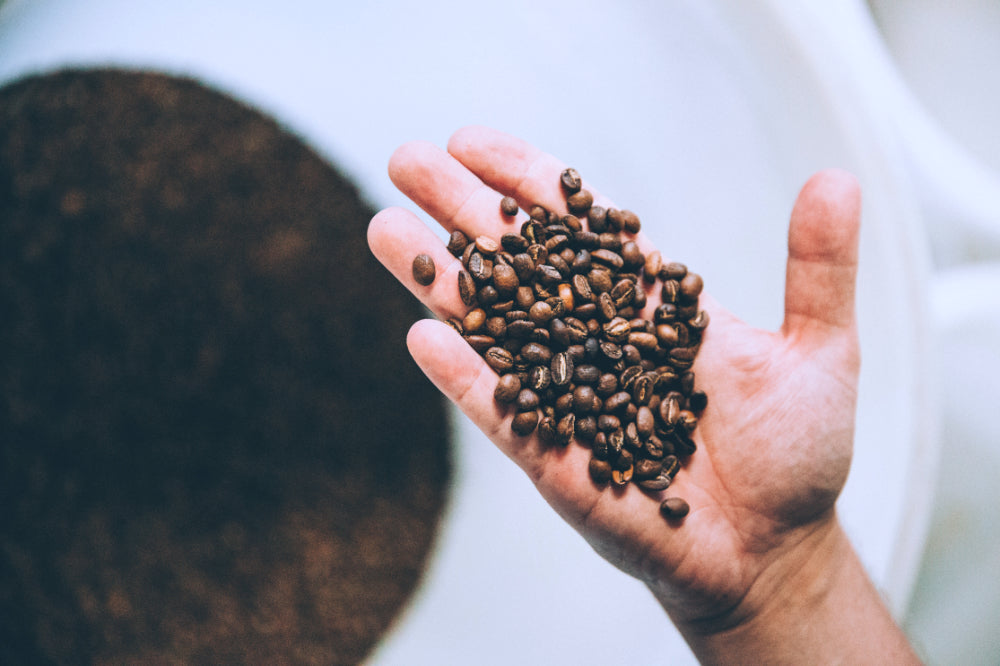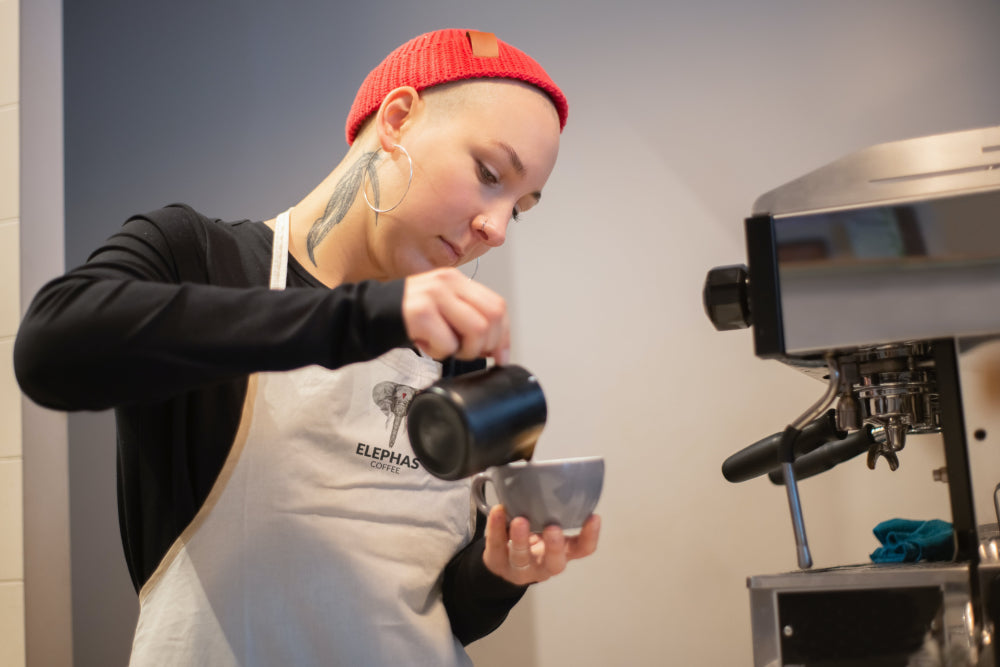
Specialty Coffee vs. Commodity Coffee: What’s the Difference?

Specialty Coffee vs. Commodity Coffee: What’s the Difference?
In the world of coffee, the terms "specialty" and "commodity" represent two very different experiences. Whether you're a casual sipper or a coffee connoisseur, understanding the distinction can enhance your appreciation of every cup. So, what exactly sets specialty coffee apart from commodity coffee?
Specialty Coffee: The Pinnacle of Quality
Quality
Specialty coffee scores 80 points or above on a 100-point scale used by the Specialty Coffee Association (SCA). Made from the finest Arabica beans, it offers superior flavor and aroma, elevating your coffee moment to something truly special.
Production Process
Every stage of specialty coffee production, from cultivation to roasting, is handled with meticulous care. Farmers employ specific growing conditions and selective harvesting methods to ensure only the best beans make it to your cup. The roasting process is an art form, carefully designed to bring out the unique flavors of each variety.
Traceability
One of the hallmarks of specialty coffee is its traceability. Each bag can often be traced back to a specific farm or region, providing transparency and assurance of its quality and origin. This level of detail also supports sustainable and ethical farming practices, often rewarding farmers with fair compensation for their hard work.
Flavor and Experience
The flavor profile of specialty coffee is a journey in itself. From fruity and floral to nutty and chocolaty, each sip reveals a complex, nuanced taste. Specialty coffee is often enjoyed as a single-origin brew, highlighting the distinct characteristics of beans from a particular region.
Price
Reflecting its higher production costs and premium quality, specialty coffee is usually more expensive. But for many, the investment is worth the superior taste and the ethical practices behind each cup.
Commodity Coffee: The Everyday Staple
Quality
Commodity coffee generally lacks the finesse of its specialty counterpart. It can be a blend of various beans, including both Arabica and Robusta, leading to inconsistent flavors and a more bitter taste.
Production Process
Efficiency is the name of the game for commodity coffee. Harvesting and processing methods prioritize volume over quality, and the beans are often roasted in bulk.
Traceability
With commodity coffee, the beans are sourced from multiple farms and regions, making it difficult to trace their origin. This lack of transparency often means that sustainable and ethical practices are not prioritized.
Flavor and Experience
The flavor of commodity coffee tends to be uniform and less distinct, offering a basic, often generic taste. It’s the kind of coffee you might drink out of necessity rather than enjoyment.
Price
Commodity coffee is more affordable, reflecting its focus on cost efficiency and mass production.
The Elephas Coffee Experience
At Elephas Coffee, we believe that every cup should be an experience, not just a routine. Our commitment to quality ensures that every bag of our specialty coffee is crafted with care, from farm to cup. By choosing Elephas Coffee, you're not just indulging in superior taste—you're supporting sustainable and ethical practices that make a positive impact on communities and the environment.
Ready to elevate your coffee experience? Discover the world of specialty coffee with Elephas Coffee and taste the difference that quality makes.










